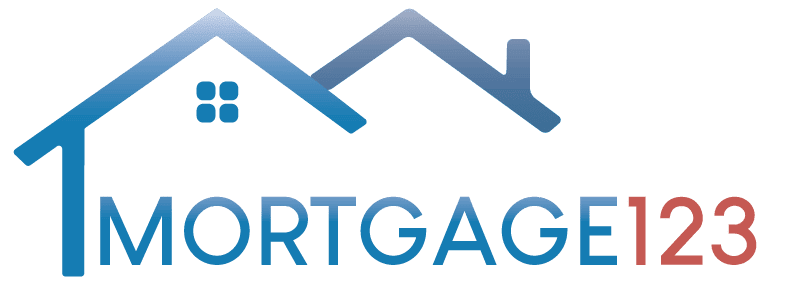The Help to Buy (HTB) scheme was first introduced in Jan 2017 to help first-time buyers purchase or self-build a new house or apartment. The scheme was reviewed and enhanced in July 2020, providing further supports. Following the Finance Act 2021, the Help to Buy Scheme was extended in its current form for a further year. The scheme was reviewed again at the end of 2022 and extended to the end of 2025 in its current form.
The Help to Buy Scheme is a government initiative allowing prospective first-time homebuyers to claim a refund of income tax (but not USC or PRSI) and deposit interest retention tax (DIRT) paid in Ireland over the previous four years.
The enhanced scheme will apply until the end of 2025. In this article, we look at the main conditions and reliefs available under the current enhanced scheme.
How was the Help to Buy Scheme Enhanced in 2020?
Maximum claim amount increased from €20,000 to €30,000
First-time buyers who purchase a newly built home or plan on building one themselves can now claim back up to €30,000 in income tax and DIRT on bank deposit interest paid over the last four years. As before, you cannot claim back either universal social charge or PRSI paid over that period.
Claim up to 10% of house price up to €300,000
Significantly, the Government also doubled the amount of the purchase price that the scheme can cover. Aspiring homeowners can now claim up to 10 per cent of the house price up to €300,000 and up to €30,000 on more expensive properties with a maximum value of €500,000.
Full deposit via the scheme
First time buyers can now potentially get their full 10% deposit via the scheme and not have to provide any funds themselves. This is subject to the purchase price of the new property being a maximum of €300,000 and the required 10% deposit of €30,000 claimable through sufficient tax paid over the last four years.
The potential for First Time Buyers to have their full deposit covered allows those who previously were not mortgage ready to now qualify for a mortgage. However, lenders will require mortgage applicants to provide proof of repayment capacity and will be subject to other lending criteria before approval.
What are the conditions of the Help to Buy Scheme?
- Only newly built or a self-build properties will qualify.
- To qualify as a first-time buyer under the scheme, you must not have previously purchased or built a home yourself or with any other person. This includes either in Ireland or outside of Ireland. If you’re a joint buyer, both have to be first-time buyers to qualify.
- The scheme is for owner occupiers only, investors or landlords cannot apply.
- You must live in the property for a minimum of five years after you buy or build it, or you will risk Revenue clawing back your tax rebate.
- Only properties built by a registered contractor will be eligible for the scheme.
- You can claim a maximum of 10% of the purchase price of a new home up to €300,000.
- The maximum relief claimable is up to €30,000.
- The relief claimable is dependent on the amount of income tax (but not USC or PRSI) and DIRT paid in Ireland over the previous four years. If you wish to apply for €30,000 under the scheme you must have paid at least this much to revenue in the last four years.
- There is a cap on the eligible purchase price of a property of up to €500,000
- You must take out a mortgage of at least 70% of the purchase price or the final value of the property once built. You must not hold more than 30% equity in the property once built to qualify.
When Does the Help to Buy Scheme End?
The expanded Help to Buy scheme will run until the end of 2025.
How Can I Apply?
To apply for the scheme employed people need to apply through revenue via My Account and self-employed people through Revenue Online System (ROS). For more details on the Help to Buy Scheme visit Revenue.ie
Register with Revenue’s myAccount service. You will need your PPS number, date of birth, phone number, email and home address.
Revenue will pay your refund directly to your builder/developer and deduct the cost from your property.
I’m Self-employed. What do I Need to Apply?
You need to be fully tax compliant! So, all annual tax returns need to be filed on time, with no underpayments. It might make sense to get yourself an accountant to sign off on your tax certificates too.

